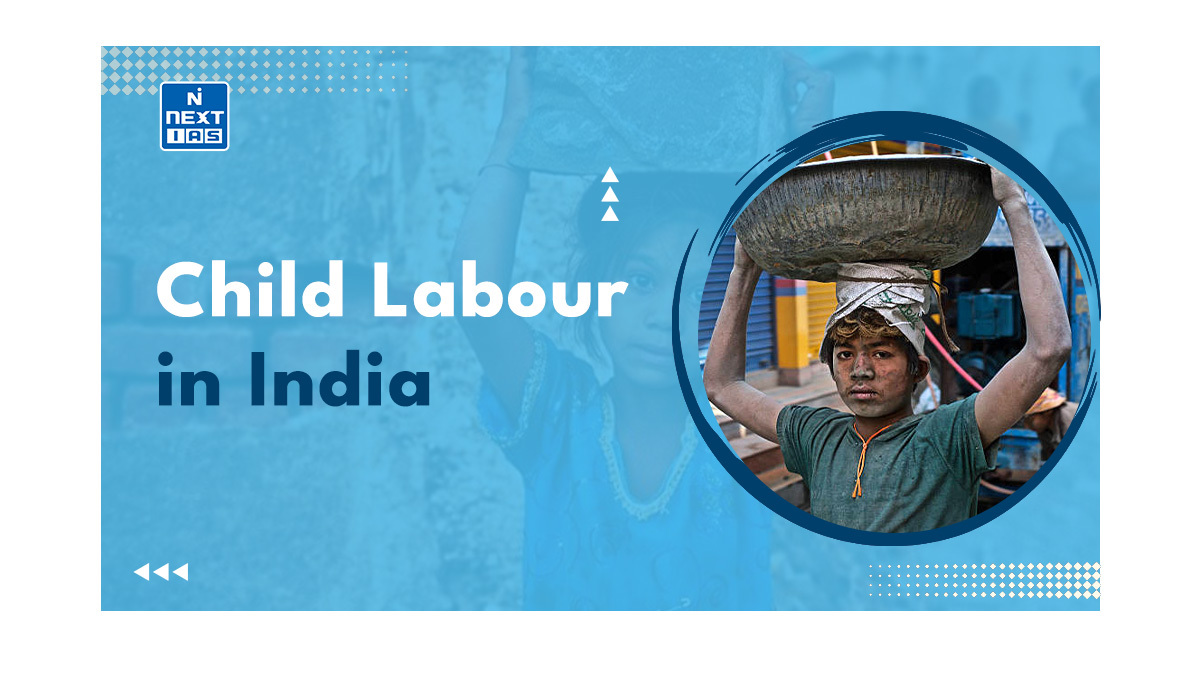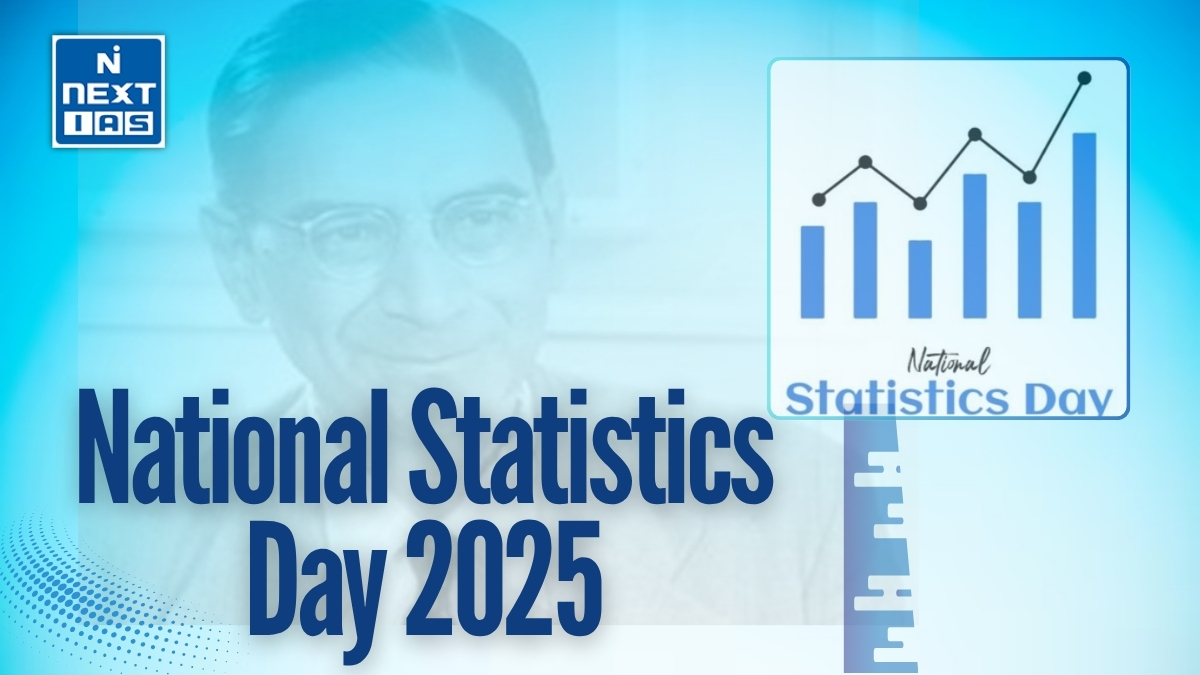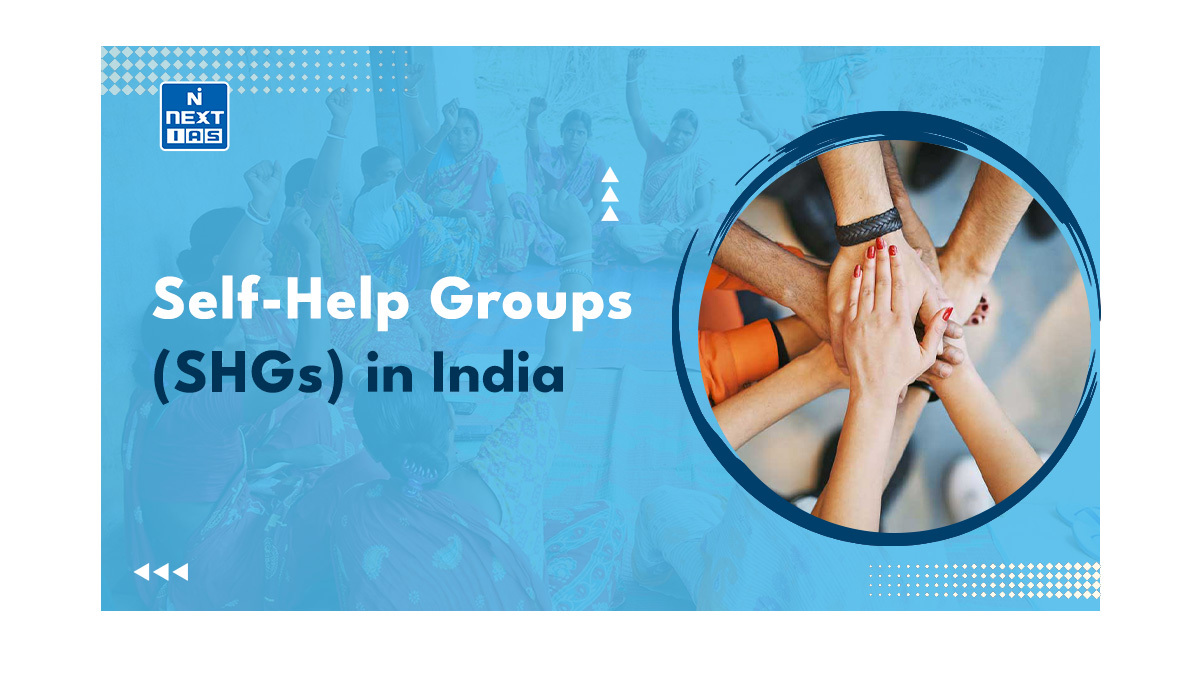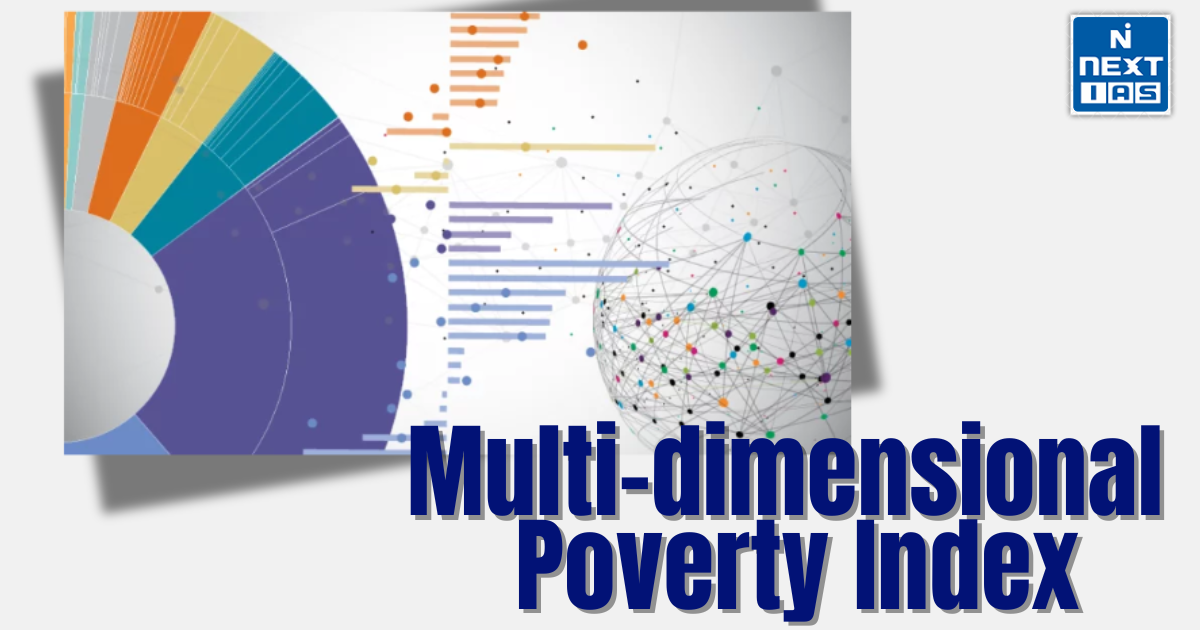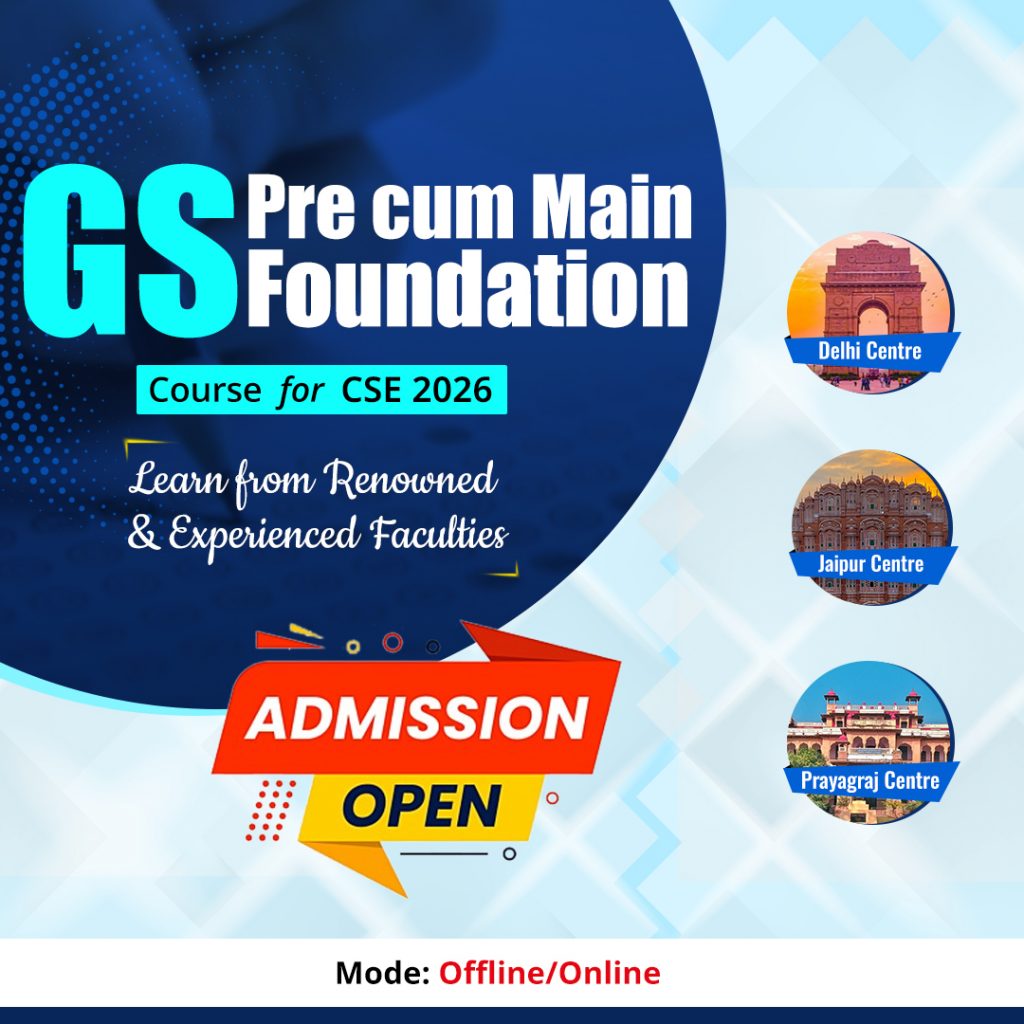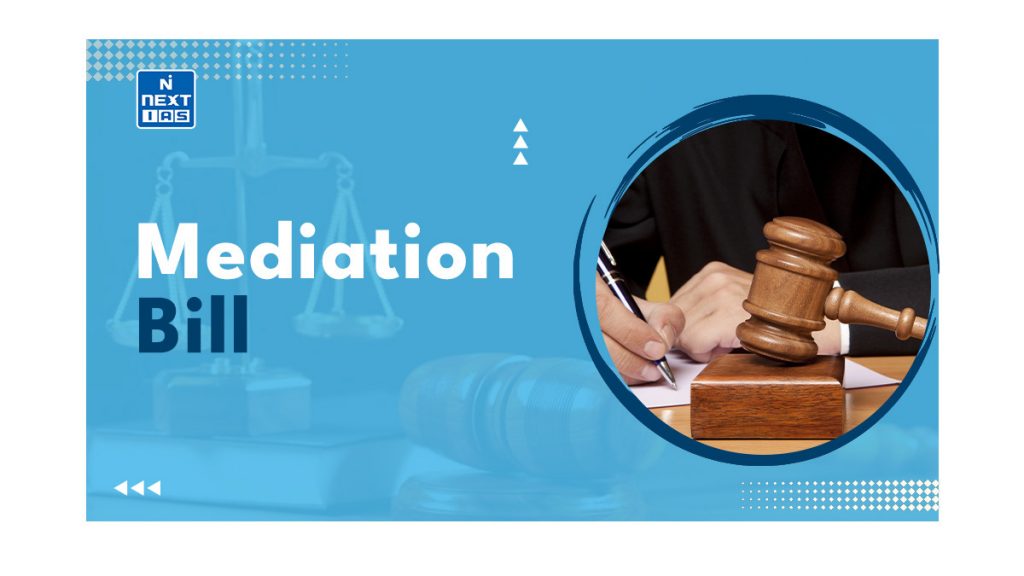
An Act to promote and facilitate mediation, especially institutional mediation, for resolution of disputes, commercial or otherwise, enforce mediated settlement agreements, provide for a body for registration of mediators, to encourage community mediation and to make online mediation as acceptable and cost effective process and for matters connected therewith or incidental thereto. This article aims to provide a comprehensive overview of the Exploring the Mediation Act 2023 and Promoting Alternative Dispute Resolution in India.
About Mediation
It is a method of alternative dispute resolution (ADR) used to resolve conflicts, disputes, and disagreements between parties with the assistance of a neutral third party, known as a mediator.
Role of Mediator
The mediator does not have the authority to impose a decision or judgment but instead helps the parties involved in the dispute come to a mutually agreed-upon resolution.
Characteristics of the Mediation Process
Here are some key characteristics of mediation:
- Voluntary Process: It is upon the parties if they are willing to be part of the mediation process.
- Neutral Mediator: The mediator is an impartial and unbiased individual who does not take sides. They just manage the process to find a common ground.
- Informal Process: Mediation is less formal than a courtroom trial.
- Self-Determination: In mediation, the parties have control over the outcome. They work together to find solutions that are mutually acceptable, rather than having a decision imposed upon them by a judge or arbitrator.
- Wide Applicability: Mediation can be used to resolve a wide range of disputes, including family conflicts, workplace disputes, business disagreements, community issues, and more.
- Cost-Effective: Mediation is often more cost-effective and quicker than going through a formal legal process.
Types of Mediation
Mediation referred by the Court
A judge or the court may refer a case to mediation, either at the request of one of the parties or at the court’s own discretion.
Private Mediation
It is a process where parties involved in a dispute voluntarily choose to engage a neutral third party, known as a mediator, to assist them in resolving their issues.
Need for More Mediation than Legal Trials
The need for more mediation than legal trials arises as it is a valuable tool for resolving conflicts efficiently, equitably, and constructively. It helps individuals and organizations to avoid long legal battles. It fosters better understanding and cooperation among the parties.
Singapore Convention on Mediation
It is an international treaty aimed at promoting and facilitating the enforcement of settlement agreements resulting from international commercial mediation. The convention was adopted in Singapore on August 7, 2019, and is also often referred to simply as the “Singapore Convention.”
Key Features of Mediation Bill 2023
The Mediation Act 2023 is a legal framework in India aimed at promoting and regulating mediation as an alternative dispute resolution (ADR) mechanism. Below are its key features in a summarized format:
- Mandatory Pre-litigation Mediation: Parties are required to attempt mediation before approaching courts, except in certain cases like criminal matters, or those involving urgent interim relief.
- Institutional Mediation Framework: Establishment of mediation service providers and mediation councils to oversee the professional standards and accreditation of mediators.
- Time-bound Process: Mediation proceedings are to be completed within 180 days, extendable by 180 more days, ensuring timely resolution.
- Enforceability of Agreements: Agreements reached through mediation are legally binding and enforceable as a court decree, giving them legal recognition.
- Confidentiality and Neutrality: Mediation proceedings are confidential, and mediators are required to remain neutral, ensuring a fair and unbiased process.
This act intends to enhance the effectiveness of mediation as an ADR mechanism in India.
Issues with the Mediation
- Issue of Mandatory Mediation: Mandatory mediation may raise questions about the seriousness of the parties’ participation.
- Violation of Fundamental Rights: According to Article 21 of the Constitution of India access to justice is a fundamental right. Thus, mandating pre-litigation is a violation of this right.
- Mediation Council of India: The Mediation Council can issue regulations only after the approval of the Central government. This impinges on its autonomy and authority.
- Shortage of Skilled Mediators: India currently has a limited pool of trained and experienced mediators, which presents challenges in delivering mediation services across diverse sectors and for varying types of disputes.
- Social Perceptions: In certain instances, individuals may be reluctant to consider mediation due to concerns regarding societal perceptions. They may fear that opting for mediation could be interpreted as a sign of vulnerability or a willingness to compromise.
Way Forward
- Gradual Implementation of Compulsory Pre-Litigation Mediation: There is a need to introduce mandatory pre-litigation mediation in a stepwise fashion.
- Capacity Building of existing mediators and training of new mediators.
- Incorporation of technologies like AI for legal processes.
Sources:
GS - 2
